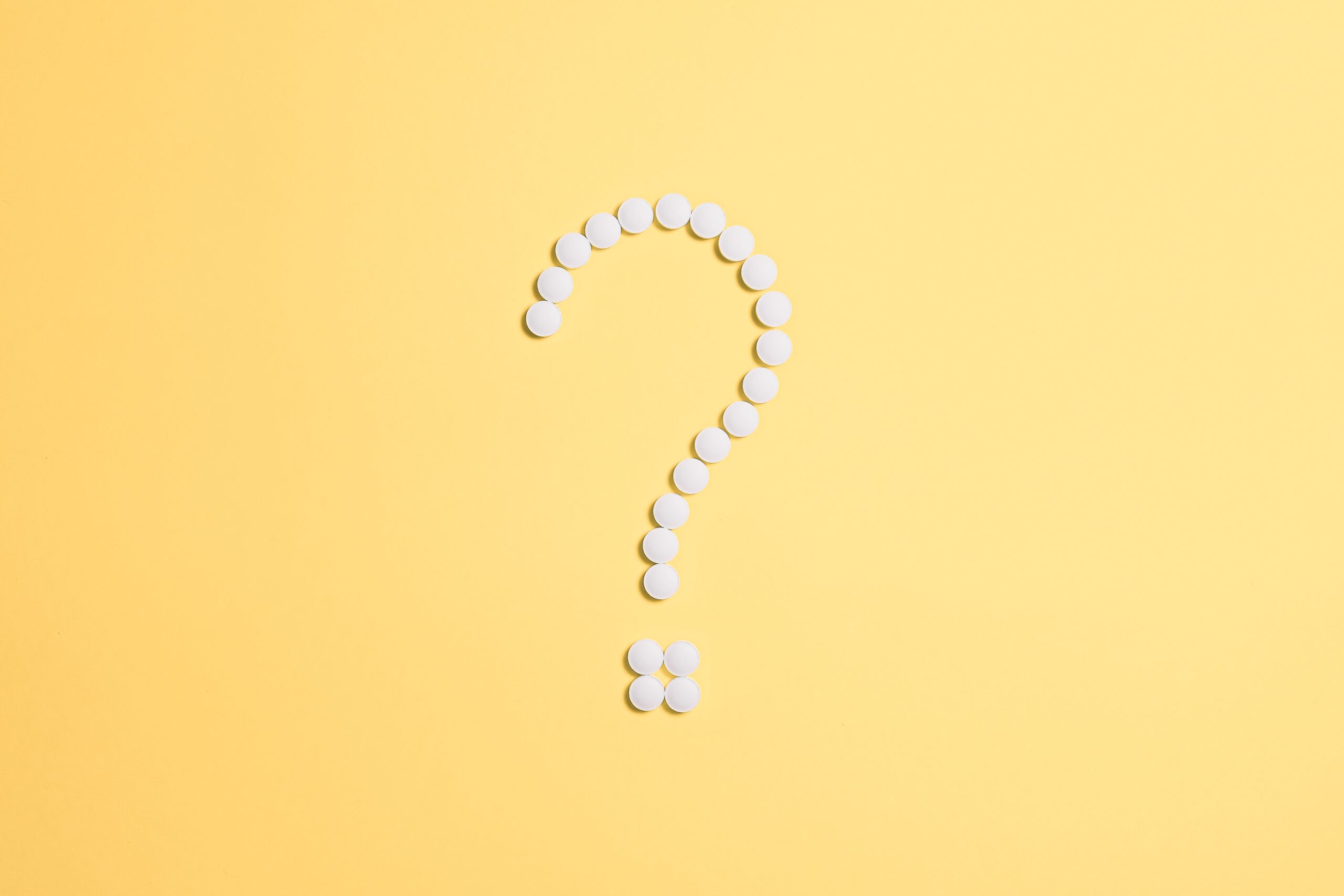Key Takeaways About Advil and Weed
- A combination of Advil and weed can increase side effects for some, and may not be appropriate with certain medicines and conditions.
- Does weed make Advil work better? So far, research says no based on the limited evidence.
- Get an okay from your clinician or pharmacist first. If you do, follow label dosing, avoid alcohol/other NSAIDs, and choose non-smoked cannabis.
The pain hits: headache, cramps, sore back. You grab Advil and wonder if it’s okay to pair it with weed for a little extra relief. Both are popular for their potential to ease discomfort or inflammation, but are Advil and weed safe together? Mixing them can raise the chance of side effects for some people. Let’s look at how Advil works, the key risks, what the research says about mixing it with weed, and when to touch base with your clinician.
What Is Advil?

Advil, Motrin, and Midol are just a few of the popular brands of ibuprofen. It’s a common pain reliever or NSAID that helps lower pain, swelling, and fever by blocking certain body chemicals that cause these symptoms. You may reach for NSAIDs for a headache, menstrual cramps, dental pain, muscle aches, arthritis flares, or a fever. And although Advil is a widely used medicine, it still carries risks if you use too much, combine it with other drugs, or have certain conditions.
For many healthy adults, the limited research that has been done hasn't shown major reactions, but individual reactions may vary. Still, Advil and THC can bump up side effects like dizziness or an upset stomach, and long or heavy ibuprofen use has its own kidney/heart/stomach risks. If you take other meds, have heart, kidney, liver, or GI issues, or you’re not sure about dosing, a quick pharmacist or clinician check-in is the smart move.
Advil Side Effects
The majority of side effects attributed to ibuprofen are relatively mild, but high doses and long-term use can lead to serious complications. That's why it's always important to use these mediations as directed and limit use to when it's strictly necessary.
Even at label doses, Advil can cause:
- Stomach upset.
- Indigestion.
- Nausea.
- Diarrhea.
High doses or long-term use can:
- Raise the risk of ulcers.
- Increase risk for GI bleeding.
- Raise the risk of heart attack or stroke.
- Stress the kidneys, especially with dehydration or kidney disease.
- Cause Liver injury.
Allergic Reactions to Advil
Some people are allergic to NSAIDs like ibuprofen, and those who are allergic to aspirin are more likely to react to Advil. Serious symptoms include swelling of the face/lips/throat, wheezing, or trouble breathing. Call emergency services if these occur.
Always read the Drug Facts label on the container, and stop the medicine if you notice signs of an allergic reaction.
What Does Research Say About Combining Advil and Weed?

Human studies on Advil and weed together are limited, so we rely on what we know about how each works.
- Advil lowers prostaglandins that drive pain and swelling, while cannabis affects the body’s endocannabinoid system, which also plays a role in pain. In animal research, very small doses of an NSAID plus a cannabinoid sometimes eased pain more than either alone, but we don’t have solid human studies to guide real-world dosing.1
- Some research suggests that COX inhibitors (such as ibuprofen) may alter endocannabinoid signaling. This could help explain why painkillers affect people differently, but there’s no solid evidence for typical in everyday Advil-and-weed use.
- Both Advil and cannabis can cause dizziness or stomach upset, so using them together can raise the chance you’ll feel drowsy, off-balance, or nauseated. These symptoms frequently occur at higher doses or with alcohol.
- Long-term or heavy ibuprofen use can cause systemic or organ issues. Excessive or extended ibuprofen use can strain the kidneys or liver, and adding cannabis, dehydration, or other medicines may add stress.
Research hasn't identified any clear risks of mixing weed and Advil for healthy adults, but the chance of extra side effects and organ stress is worth consulting with your clinician, especially if you have ongoing health issues.
Interaction Risks
As common as Advil use may be, it does interact with many prescription and over-the-counter medications.
- Blood Thinners: If you take blood thinners (anticoagulants or antiplatelets), adding an NSAID like Advil can raise bleeding risk. Ask for help from our prescriber to evaluate the risk.
- Antidepressants: Some antidepressants may also interact with NSAIDs. Research suggests NSAIDs may interfere with depression relief from antidepressants.
- Other NSAIDs: Don’t double up on NSAIDs or use combo products that already contain an NSAID, like Advil PM. Stick to one dose at a time and follow the label instructions and precautions.
- Alcohol and Tobacco: Alcohol can worsen stomach irritation and bleeding risk with ibuprofen. Tobacco and cannabis smoke can aggravate stomach irritation with alcohol.
If you take several medicines or supplements, ask a pharmacist to review your list. Even some herbal products like ginkgo biloba can cause interactions.
Why Talking to Your Doctor Before Combining Weed and Advil Is Best

Your personal health history, prescriptions, supplements, and doses are unique. And ibuprofen doesn’t mix well with many conditions and medicine. Your doctor or pharmacist can assess your current conditions and help you avoid much of the risk associated with Advil.
A five-minute provider chat can prevent missteps like doubling up on NSAIDs, mixing with blood thinners, or using ibuprofen despite kidney red flags. If you’ve had ulcers, GI bleeding, heart disease, kidney or liver issues, or you’re over 60, you warrant extra caution with NSAIDs, especially alongside other substances.
If pain is frequent or escalating, ask your clinician about alternatives, dosing schedules, and whether non-drug strategies or different medications like Tylenol fit you better. Your medical marijuana doctor can guide and promote your safe use of cannabis and Advil according to your health history.
References
- Vanegas H, Vazquez E, Tortorici V. NSAIDs, Opioids, Cannabinoids and the Control of Pain by the Central Nervous System. Pharmaceuticals. 2010;3(5):1335-1347. doi:https://doi.org/10.3390/ph3051335 ↩︎
The information in this article and any included images or charts are for educational purposes only. This information is neither a substitute for, nor does it replace, professional legal advice or medical advice, diagnosis, or treatment. If you have any concerns or questions about laws, regulations, or your health, you should always consult with an attorney, physician or other licensed professional.




